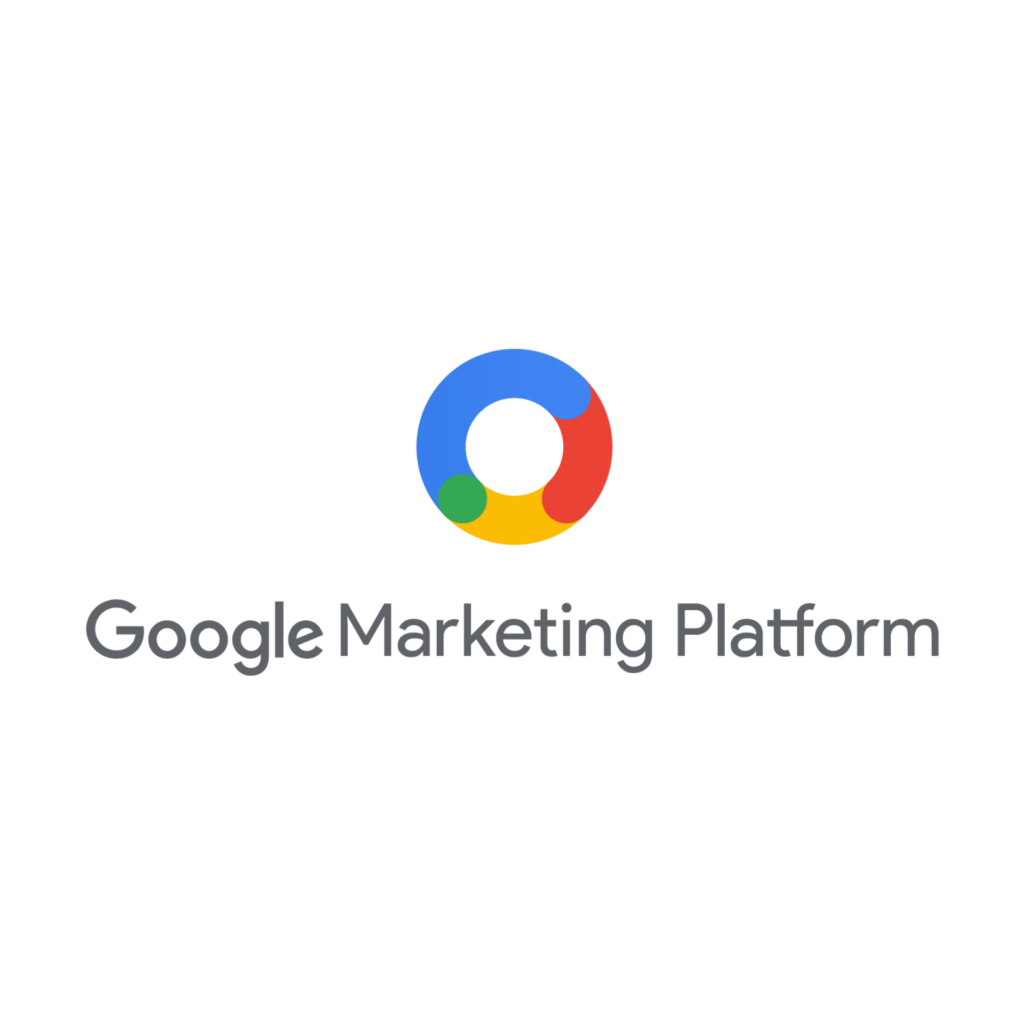Google Analytics 4 - Everything You Need to Know

The Different Google Analytics Solutions and What They Mean for Your Business
Google Analytics is a powerful tool that can help businesses of all sizes track their website traffic and better understand their customer base. But with so many different Google Analytics solutions out there, it can be hard to know which one is right for your business. In this blog post, we’ll break down the different Google Analytics solutions and what they mean for your business.
Google Analytics 4 (GA4) is the latest version of Google Analytics. GA4 has a lot of new features that allow businesses to get even more insights into their website traffic and customers. One of the most notable changes in GA4 is the move from a client-side to a server-side tracking model. This means that all of the data collected by GA4 is sent directly to Google’s servers, instead of being stored on the user’s device. This change provides businesses with greater data privacy and security, as well as more accurate data collection.
Google Analytics is the most popular analytics solution on the market. It offers businesses a wealth of features and insights into their website traffic. However, because it uses a client-side tracking model, some businesses are hesitant to use it due to data privacy concerns.
Google Tag Manager is a tool that allows businesses to manage their website tags in one place. This includes tags for analytics, advertising, and other third-party services. GTM can be used with any website, regardless of whether it uses a client-side or server-side tracking model.
Google Cloud is a suite of cloud computing services that includes hosting, storage, networking, and more. Google Cloud also offers a variety of tools for developers, including an analytics platform called BigQuery. BigQuery can be used to analyze large data sets stored in Google Cloud Storage or other data sources.
Data Privacy refers to the laws and regulations that govern how companies collect, use, and store personal data. With the GDPR coming into effect in 2018, data privacy has become a hot topic in the world of analytics. Server-side tracking models are generally seen as more compliant with data privacy regulations than client-side models.
Server Side tracking means that all of the data collected by an analytics solution is sent directly to the company’s servers instead of being stored on the user’s device. This provides businesses with greater data privacy and security, as well as more accurate data collection. However, server-side tracking can be more complex to set up and manage than client-side tracking.
Client Side tracking means that all of the data collected by an analytics solution is stored on the user’s device (usually in cookies). This makes it easier to set up and manage than server-side tracking, but it also means that businesses have less control over their data privacy and security.
There are a lot of different Google Analytics solutions out there, each with its own benefits and drawbacks. The right solution for your business will depend on your specific needs and goals. If you’re looking for greater data privacy and security, then a server-side tracking solution like GA4 or BigQuery might be right for you. If you’re looking for ease of use and setup, then a client-side solution like Google Analytics might be right for you. No matter which solution you choose, Google Analytics can help you get insights into your website traffic and better understand your customer base.
